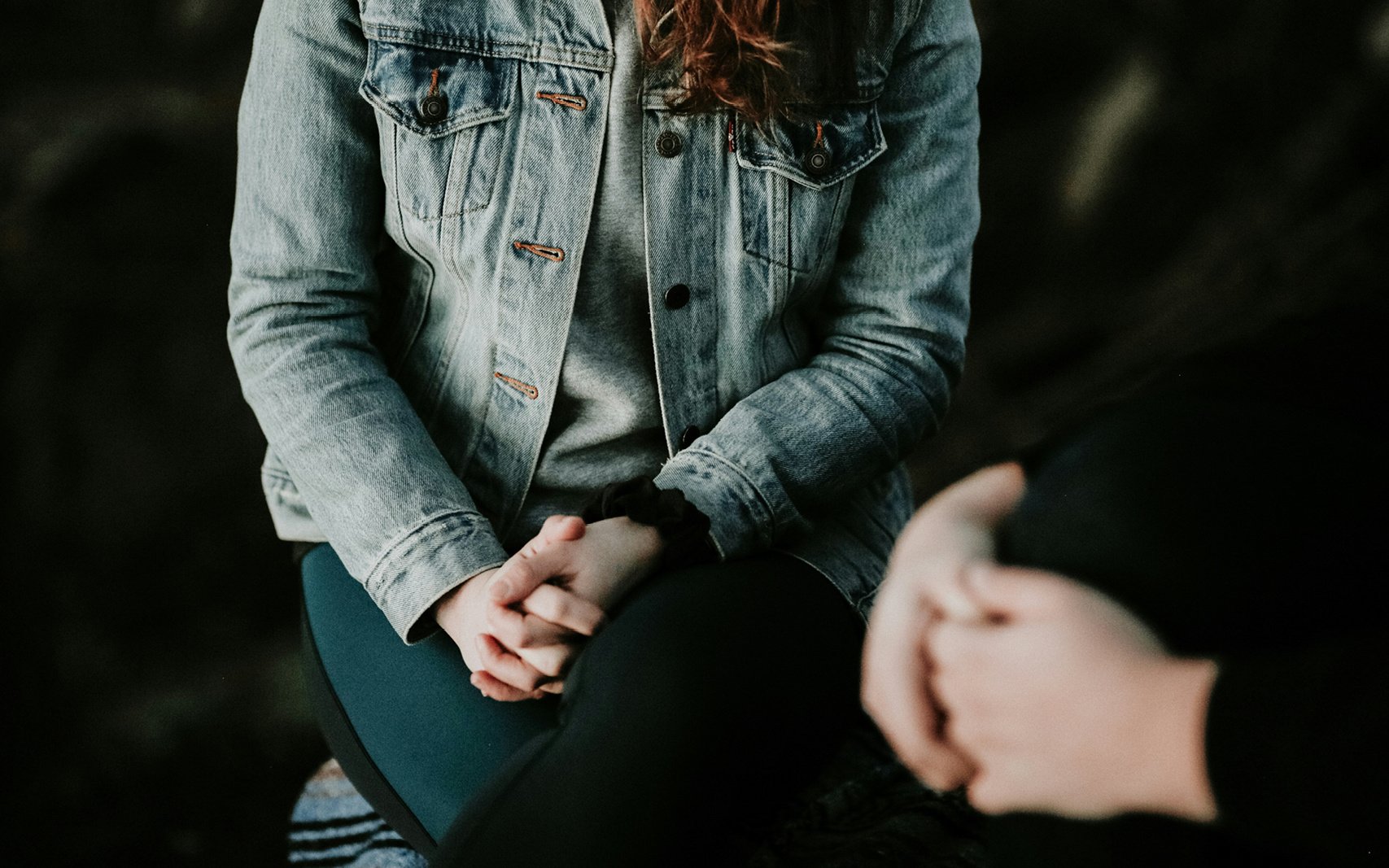Women Empowering Women During Early Recovery
Peer engagement encourages self-growth and healing during treatment for substance use disorder (SUD). We have seen firsthand how women in recovery benefit from leaning on each other for support and encouragement. Many women feel more comfortable participating in women-only outpatient programs. According to Psychiatric Services, “Some studies have reported that single-gender treatment provides a safer and more comfortable treatment environment, which may enhance treatment outcomes, and that women experience greater satisfaction with such treatment than with a mixed-gender alternative.” Emerge Recovery TX is a women-only treatment center offering personalized programs to women in recovery. The clinical team collaborates with clients to create a wholesome and welcoming community to facilitate women empowering women.
Empowering Women in Recovery Through Peer Support
Positive peer engagement allows women to become part of a thriving community. Women form deep and long-lasting bonds with other women they meet during group therapy and community activities. In many cases, they form mentor-mentee relationships. According to Substance Abuse and Rehabilitation, “Those who participated in treatments, including peer support groups, showed higher rates of abstinence than common in substance-abusing populations while also being more satisfied with the treatment.” In addition, “benefits extended beyond those being the recipient of the peer support groups to those also delivering the services, where significant reductions in alcohol and drug use were shown not only for mentees but also for sustained abstinence in the majority of mentors.”
Empowering Women Reduces the Risk of Co-Occurring Mental Health Disorders
Mental health disorders often develop when chronic stress or trauma goes untreated. Peer support helps people in recovery manage stress more effectively. Women are more likely to rely on their support system and avoid self-isolating behaviors if they feel comfortable confiding with peers. Healthy self-expression and openness about their experiences reduce the risk of women in recovery developing co-occurring mental health disorders. In addition, positive peer engagement makes it easier for some women to manage depression, panic, anxiety, or other mental health symptoms.
Encouraging Personal Growth by Empowering Women in Recovery
Empowering women in recovery facilitates greater self-awareness and makes it easier for them to make positive lifestyle changes. Women may find it easier to identify maladaptive thought patterns and behaviors when they feel empowered to regain control of their lives. In addition, being uplifted by peers and the clinical team reduces instances of internalized stigmas. Women in recovery feel more comfortable building new routines and trusting others when the people around them provide encouragement and support.
A few ways clinicians and peers empower women in recovery include:
- Increasing self-esteem through positive peer interactions
- Setting achievable recovery and personal goals
- Advocating for each individual in the community and giving them a voice
- Mentoring women in the early stages of recovery
- Actively listening to their needs and providing nonjudgmental support
Every woman needs motivation to continue making progress during early recovery. Intrusive thoughts, cravings, and compulsion interfere with everyday life. Finding ways to cope effectively reduces the risk of relapse. Women empowering women remains one of the best ways to help individuals in treatment feel confident in their ability to overcome challenges in early recovery.
Increasing Self-Esteem and Self-Confidence
Therapy and other treatment services increase the confidence and self-esteem of women in recovery by giving them back control of their lives and providing them with a foundation for future growth. Women learn to trust one another and rely on their care team to guide them through the process of developing life skills.
A few ways outpatient treatment programs increase self-esteem and self-confidence in women include:
- Peers encourage one another and share their stories
- Reducing negative self-talk
- Normalizing self-care and positivity
Women share advice on how to overcome specific challenges in recovery. For example, women with low self-esteem may struggle with ambivalence or feel like treatment won’t help them get better. Other women in treatment model healthy behaviors and show the effectiveness of treatment through their actions. Exposure to women in various stages of recovery increases self-confidence and self-esteem for many clients.
How Does Emerge Recovery TX Encourage Women to Empower One Another?
According to the Department of Health and Human Services (HHS), clinical teams empower women “by engaging in shared decision making.” Autonomy is an essential part of empowerment. Women should have complete control over their treatment plans during treatment and continuing care. The clinical team also has an obligation to ensure peers have a positive effect on one another through group therapy and other forms of community engagement.
Some of the ways Emerge Recovery TX encourages women to empower one another include:
- Group therapy sessions and one-on-one peer interactions
- Actively listening to each other and providing encouragement and insights
- Interacting outside of therapy during community events
Emerge Recovery TX prioritizes positive peer interactions and encourages the women in treatment to empower and uplift one another.
Women who share similar life experiences can empower one another to take back control of their lives. Finding healthy ways to manage SUD and any co-occurring disorders takes time, dedication, and the motivation to continue moving forward in early recovery. Women who feel empowered have greater self-awareness and are more likely to take advantage of resources like their support system to reduce the risk of relapse. Emerge Recovery TX encourages peers to build healthy connections and confidence by uplifting one another during group therapy and community events. Outpatient programs make it easy for peers to support one another and create a compassionate and welcoming recovery community. To learn more about our programs, call us today at (737) 237-9663.







